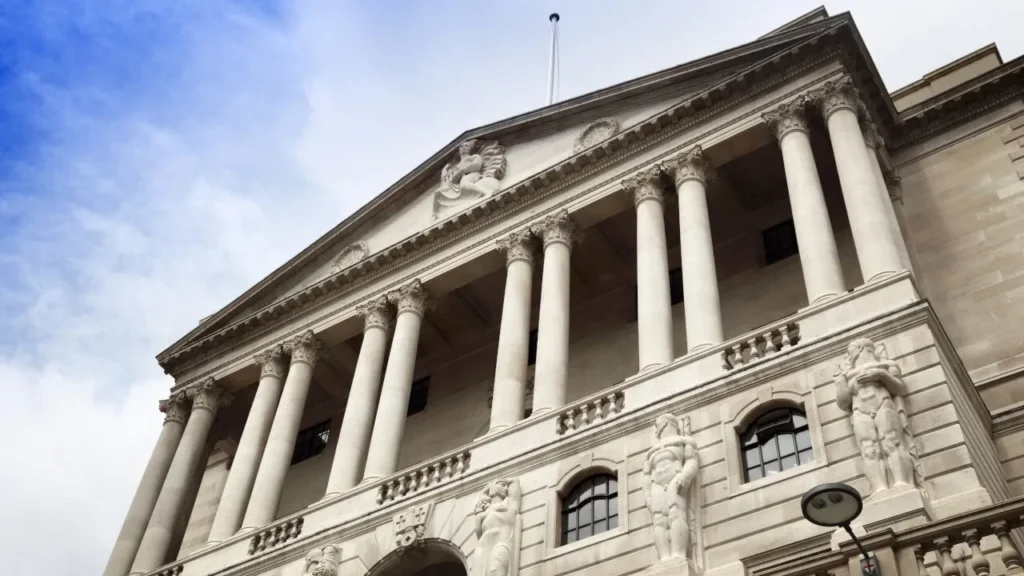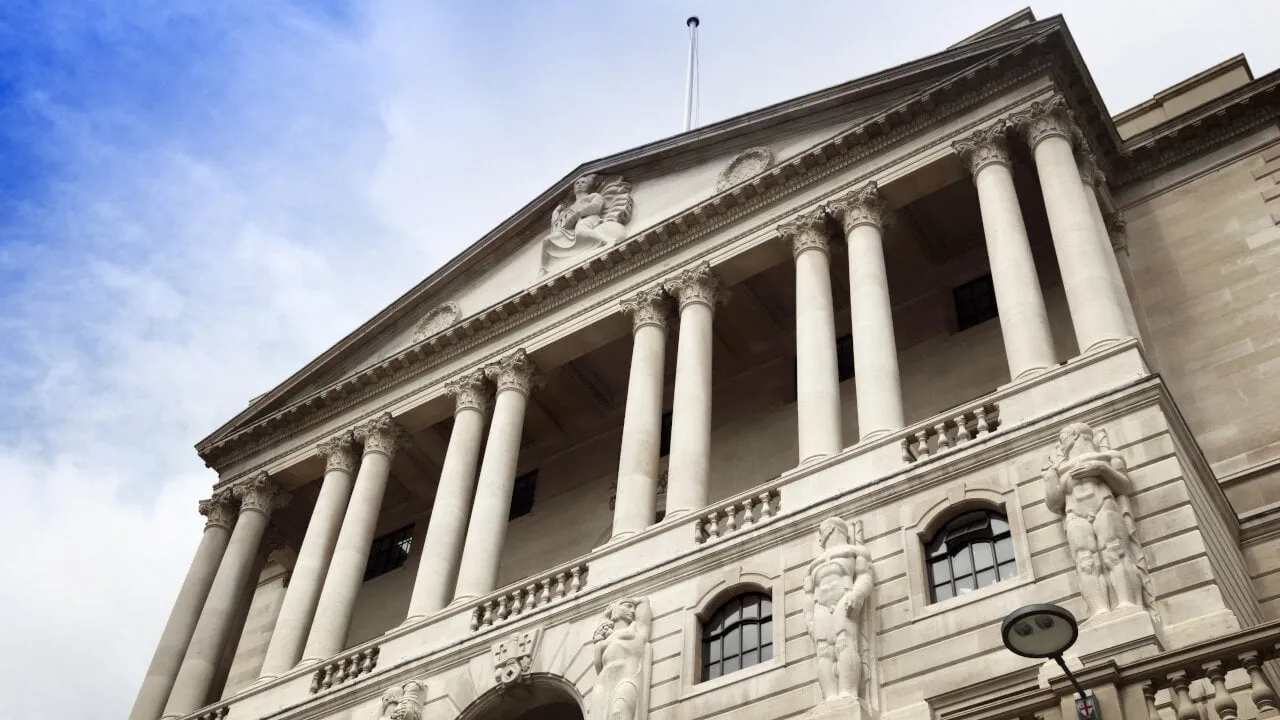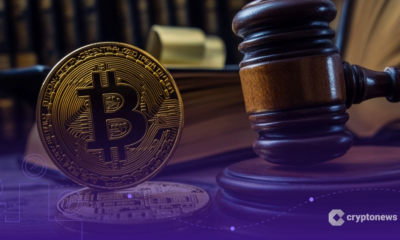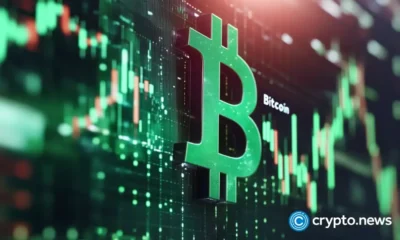Crypto NEWS

Operation Chokepoint 2.0: Is the Biden Administration Targeting Tech Startups and Crypto?
In a controversial claim made on The Joe Rogan Experience podcast, Marc Andreessen, co-founder of venture capital firm Andreessen Horowitz, accused the Biden administration of weaponizing financial exclusion against tech startups and crypto firms. This, according to Andreessen, is part of a revived version of an Obama-era program known as “Operation Chokepoint.”
The Allegations: A Government Conspiracy?
Andreessen asserts that the Biden administration is using what he terms “Operation Chokepoint 2.0” to target political opponents and disfavored tech startups. He pointed to the example of over 30 tech founders who, in the past four years, have allegedly lost access to banking services without warning.
“Over 30 founders had been debanked in the last four years,” Andreessen said on the podcast, arguing that the practice was an intentional attack on legal businesses, particularly in the rapidly growing crypto industry. This so-called “debanking” involves banks and financial institutions closing accounts or refusing services, often with little to no explanation and no clear legal recourse.
The Origins of Operation Chokepoint
The term “Operation Chokepoint” first emerged during the Obama administration when the government targeted industries deemed controversial or high-risk, such as marijuana dispensaries and gun shops. The goal was to restrict these businesses’ access to banking services, essentially cutting off their ability to operate.
Andreessen claims the Biden administration has resurrected this strategy, focusing on politically sensitive industries and startups, particularly those in the tech and crypto sectors.
“Chokepoint 1.0 was 15 years ago against the pot and the guns,” he explained, referring to the Obama-era initiative. “Chokepoint 2.0 is primarily against their political enemies and disfavored tech startups.”
Elon Musk Amplifies the Debate
The issue has drawn significant attention, especially after Tesla CEO Elon Musk echoed Andreessen’s claims on X (formerly Twitter). Musk shared a clip from the podcast with a simple but powerful message: “Did you know that 30 tech founders were secretly debanked?
“Musk’s tweet quickly gained traction, triggering a wave of support for Andreessen’s claims. Coinbase CEO Brian Armstrong also joined the conversation, calling it “one of the most unethical and un-American things that happened in the Biden administration.” Armstrong even speculated that Senator Elizabeth Warren might have played a role in orchestrating the strategy, adding further fuel to the fire.
“My guess is we’ll find Elizabeth Warren’s fingerprints all over it… The Democratic party should realize Warren is a liability,” Armstrong wrote on X.
What Does Debanking Mean for Entrepreneurs?
Debanking refers to the sudden removal or restriction of banking services, often without any clear reasoning or process. Andreessen’s accusation highlights a severe lack of due process in these situations, noting that affected businesses have no formal recourse.
“There’s no due process. None of this is written down. There’s no rules,” Andreessen alleged. “Who do you appeal to? Who do you go to to get your bank account back?”
Global Concerns: Debanking Beyond the U.S.
The issue of debanking isn’t limited to the United States. In September 2023, the UK’s Financial Conduct Authority (FCA) investigated claims of politically motivated debanking. While the FCA found no clear evidence to support these claims, the investigation raised significant questions about the transparency and fairness of banking practices.
Meanwhile, Australia has also come under scrutiny, with allegations that crypto firms have been targeted in a similar fashion since the onset of the COVID-19 pandemic. This broader global concern suggests that the practice of politically motivated debanking could become a growing trend in the financial world.
Legal Repercussions: A Pending Lawsuit
One notable example of the consequences of debanking is Custodia Bank CEO Caitlin Long, who shared her company’s experience of being debanked on Twitter. Long revealed that her company had been debanked multiple times and is currently pursuing legal action against the Federal Reserve. “Keep an eye on our pending lawsuit against the Fed. Oral argument is scheduled for January 21,” Long tweeted.
Conclusion: The Growing Debate on Political Influence in Banking
The accusations of Operation Chokepoint 2.0 have sparked a wider debate about the potential political influence over financial services and the role of government in determining which industries and startups receive access to basic banking services. While the U.S. government denies any targeted efforts to debank political opponents, the growing number of high-profile tech figures raising the alarm suggests this issue won’t be going away anytime soon.
As the battle over financial exclusion continues, the question remains: can the crypto and tech industries operate freely in the current regulatory environment, or are they being systematically shut out by political forces?
















